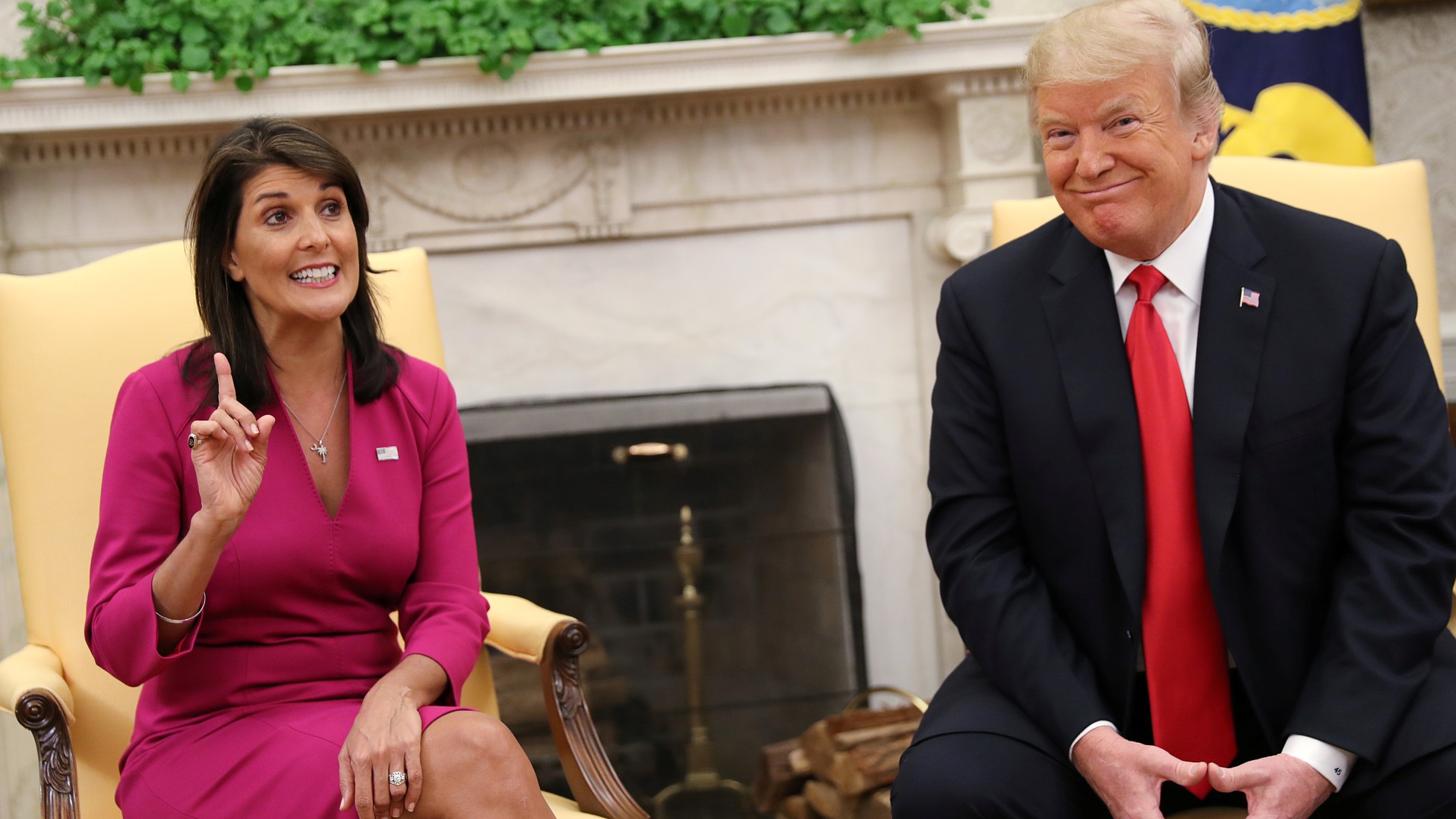Mon - Fri 8:00 - 6:30
Mon - Fri 8:00 - 6:30
 Cover Story
Cover Story
 On WAYNE G FRASER
On WAYNE G FRASER
1 year ago
The relationship between Nikki Haley and Donald Trump has been complex since 2016. At that time, Haley criticized Trump during his first presidential campaign but later became his U.N. ambassador. Throughout the years, they have disagreed on various topics, including trade, immigration, foreign policy, and the coronavirus pandemic.
Despite their differences, Haley has defended Trump from his opponents and praised him for his accomplishments. She has also admired his leadership style and ability to mobilize the Republican base. Currently, Haley is running for president in 2024 as a potential alternative to Trump, who is facing multiple legal challenges and investigations. She has gained momentum in the polls by appealing to more moderate voters and highlighting her executive experience as governor of South Carolina. In the debates, she has emphasized her foreign policy credentials and her vision for America’s role in the world.
A Trump-Haley ticket could be a powerful force for the Republican Party, drawing on their shared popularity among conservatives and evangelicals. They would also strongly contrast the Democrats, who are divided over their approach to foreign policy and national security. However, a Trump-Haley ticket would face many challenges and obstacles, including their public animosity towards each other, differing views on key issues, lack of trust and respect for each other's abilities, and potential alienation of some key constituencies within the Republican Party.
Despite this, some believe compromising between Trump and Haley could benefit the Republican Party. It could demonstrate that they can work together to achieve common goals and overcome their differences, which could help them gain more support from moderate and independent voters. This could also prevent them from alienating their base supporters, who may feel betrayed or abandoned if Trump does not endorse Haley or vice versa. Furthermore, some argue that compromising would be good for the Republican Party because it would show that they are open to listening to other voices and perspectives within the party. This could help foster a more inclusive and diverse party culture, benefiting from the contributions of different groups and individuals.
We'd like to hear your opinion; what do you think?